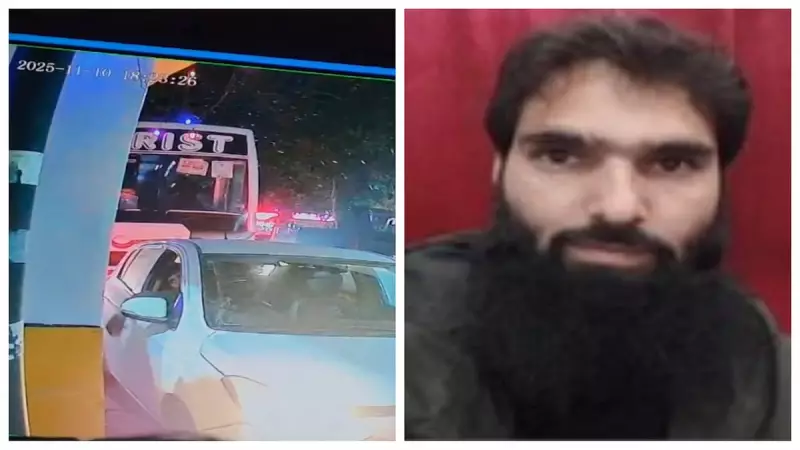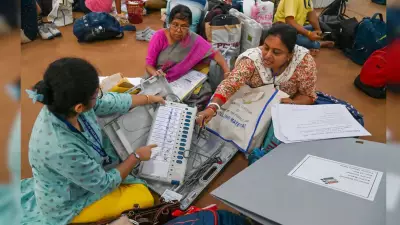
Indian security agencies have uncovered a disturbing new pattern in terrorism with the emergence of what investigators are calling a 'white-collar' terror module following the recent explosion near Delhi's historic Red Fort.
The Forensic Connection
Initial forensic analysis has provided crucial evidence linking two separate incidents. Chemical traces recovered from the blast site near Red Fort have been matched with ammonium nitrate seized during raids in Faridabad. This scientific confirmation establishes a direct operational link between the explosive material and the actual blast, giving investigators their most significant breakthrough yet.
The forensic match was confirmed by multiple agencies working in coordination, including the National Security Guard's bomb disposal squad and the Forensic Science Laboratory. The ammonium nitrate recovered from Faridabad had been stored in residential premises, raising serious questions about how such dangerous materials entered urban areas.
Doctors Under Investigation
What makes this case particularly alarming is the profile of individuals now under scrutiny. Several medical professionals, including doctors, are being investigated for their alleged involvement in the terror module. These educated, professionally established individuals represent a new challenge for counter-terrorism operations.
Investigators revealed that these medical professionals are suspected of providing logistical support, financial assistance, and possibly even technical expertise to the module. Their professional backgrounds and social standing allegedly helped them operate under the radar without raising suspicion.
Broader Security Implications
The emergence of educated professionals in terror networks marks a significant shift in counter-terrorism challenges. Security experts note that white-collar professionals bring new capabilities to terror modules, including better planning, access to resources, and the ability to blend seamlessly into society.
The investigation has expanded beyond Delhi and Faridabad, with agencies now looking at connections in Jammu and Kashmir. The timing of these developments - with the investigation ongoing since the blast occurred - indicates a sophisticated network that had remained undetected for some time.
Security agencies have intensified their operations following these revelations, conducting multiple raids across the National Capital Region. The case has highlighted the evolving nature of security threats and the need for updated counter-terrorism strategies that can address this new breed of urban, educated terror operatives.





